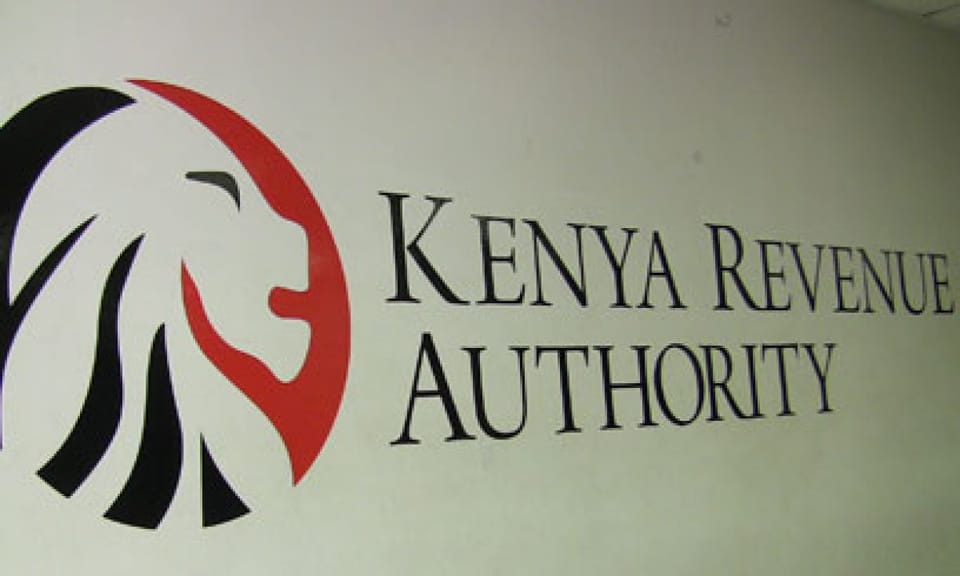KRA wants a tech upgrade to boost tax collection

The Kenya Revenue Authority (KRA) wants to adopt new technologies for tax collection.
Speaking during the 2024 KRA Annual Summit, Moses Kuria, Senior Economic Advisor to the President announced plans to use mobile money paybills and tills as virtual electronic tax receipt systems while KRA Commissioner General Humphrey Wattanga highlighted plans to integrate AI, machine learning and IoT technologies for tax purposes.
But why?
The tech move is part of broader tax collection strategies to reduce the disparity between the number of registered ETR devices by using mobile money merchants as virtual tax registers to boost revenues.
The government’s data shows that 200,000 businesses currently use the designated ETR devices for tax collection purposes while M-PESA’s data shows that there are 602,662 registered active businesses using their merchant services.
For crypto users, KRA plans to switch a new tax system that will integrate with cryptocurrency exchanges, allowing it to monitor transactions in real-time targeting crypto buyers and sellers in the country who use mobile money to avoid regulators.
The tax agency says it has been unable to track and tax crypto transactions due to an outdated system which has led to a “significant loss of revenue for the government.”
All these changes come at a time when the government is under pressure to raise funds after dropping several tax measures in response to protests which might be why the plans are set to be implemented by this Christmas.
